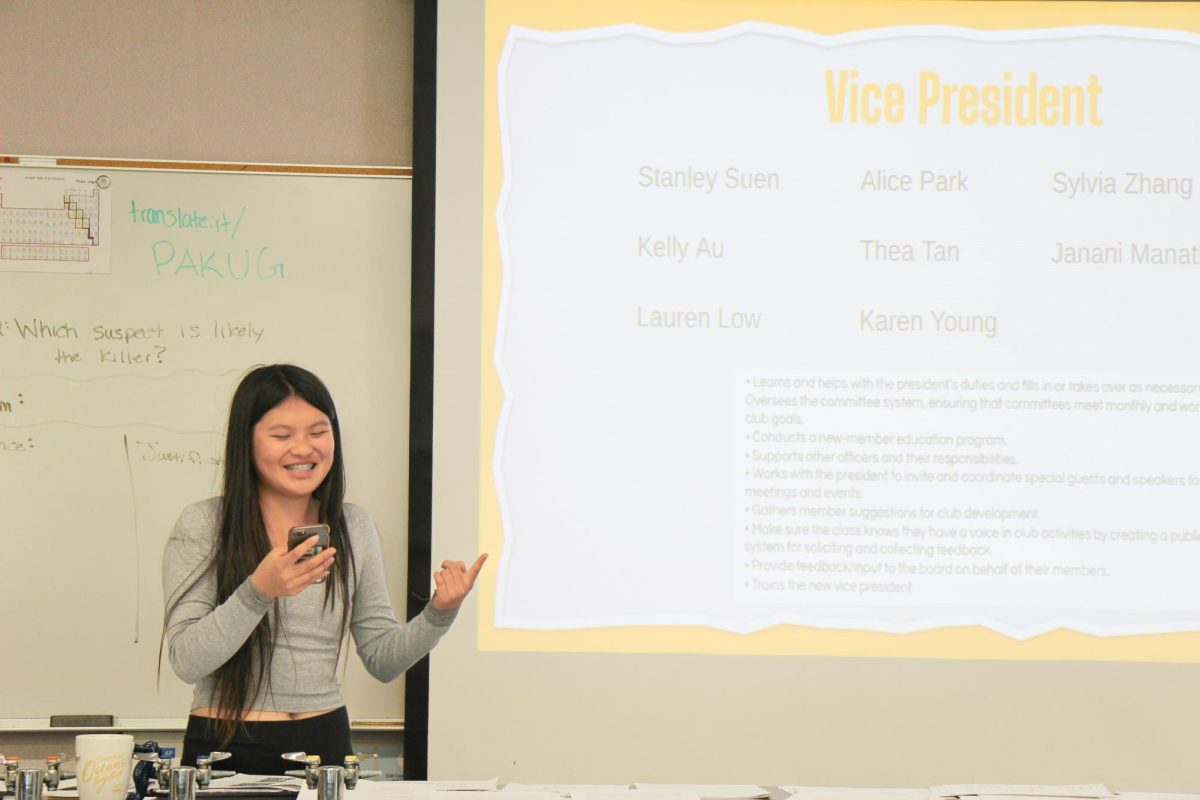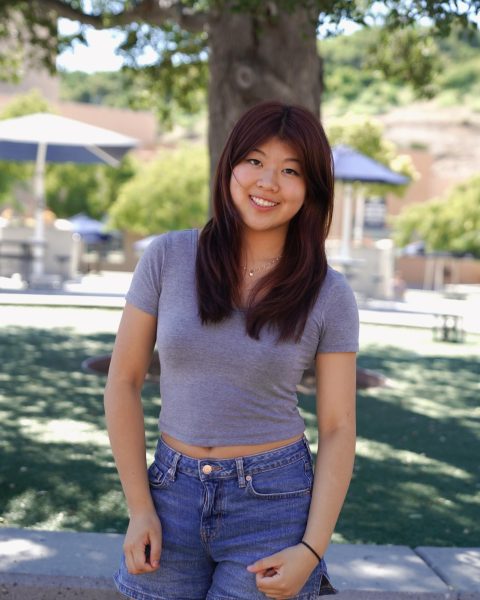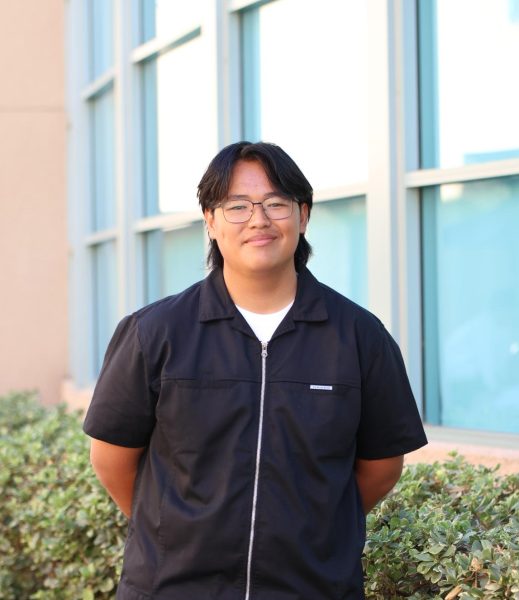Northwood clubs are not simply another extracurricular; they’re outlets for creativity and passion that grow from hundreds of hours of hard work. What extroverted A-game politicians and meeker hard-working introverts have in common is their passion for their club, making it all the more devastating to watch a club crumble under poor leadership.
Northwood recently revisited an old policy of having purely democratic elections to determine club board members, but this should be re-examined to allow for both elected and appointed positions, mimicking ASB’s own model to make leadership opportunities accessible for a greater variety of students at Northwood.
Currently all clubs need five elected positions: President, Vice-President, Treasurer, Secretary and Publicist. The President and Vice-President should remain elected, as these positions require charismatic leadership to persuade clubs to set the direction for the year.
The Treasurer, Secretary and Publicist positions place less of an emphasis on charm and require more technical skills, like the ability to navigate Canva or properly manage funds. Qualified students who may not possess the public speaking prowess necessary to sway a crowd should still be recognized for their contributions by allowing these positions to be appointed by the adviser or an election committee.
“People who are more introverted, they may not want to go through an election as much,” junior Karen Young said. “They might just want to do some publicity work, where you don’t have to stand in front of the crowd and talk.”
Appointed offices go beyond simply including a wider variety of qualified students; they also help mitigate toxicity that disrupts club unity. In many clubs, getting a board position is a crowning achievement that students will go to extreme lengths to achieve, and the environment will inevitably become unhealthy when competition is exacerbated by elections and campaigning.
“It creates this competitive toxicity in our club that is really straining relationships,” Speech and Debate advisor Zane Pang said. “It would be so much easier if I and senior club members could interview and make decisions because that would not pit any ire against other club members.”
Despite efforts to keep the elections fair, popularity and extraneous social factors will inevitably play a role, as students vote for some they’re close with rather than someone who would perform the job well. According to ASB advisor Jennifer Petrosian, the reinforced club policies are meant to teach responsible voting habits.
“High school is when you practice who you’re gonna be, what you’re gonna be,” ASB advisor Jennifer Petrosian said. “You could vote for your best friend. Or you could vote for the person that you think actually will do the best job and has the most experience.”
As important as it is to practice responsible voting early in life, combining elected and appointed positions would also provide a perfect balance between those who have merit and those who have the support of club members to ensure that the credit of running a club will be granted to genuinely dedicated individuals. This is not a novel idea at Northwood– ASB itself has implemented this structure, which has contributed to their ability to represent a diverse population of student leaders on campus.
ASB’s intention behind their reinforced club policies is laudable, but it could be tweaked to both promote democratic values and ensure the longevity of the clubs. By having a balanced system that has both elected and appointed positions, students not only have the opportunity to exercise their vote but can also be rewarded for more than their social status.






















































